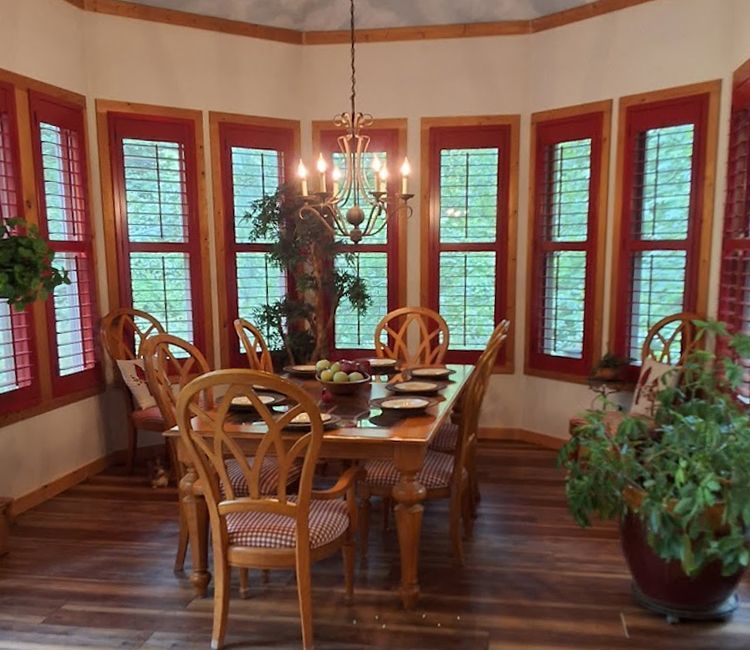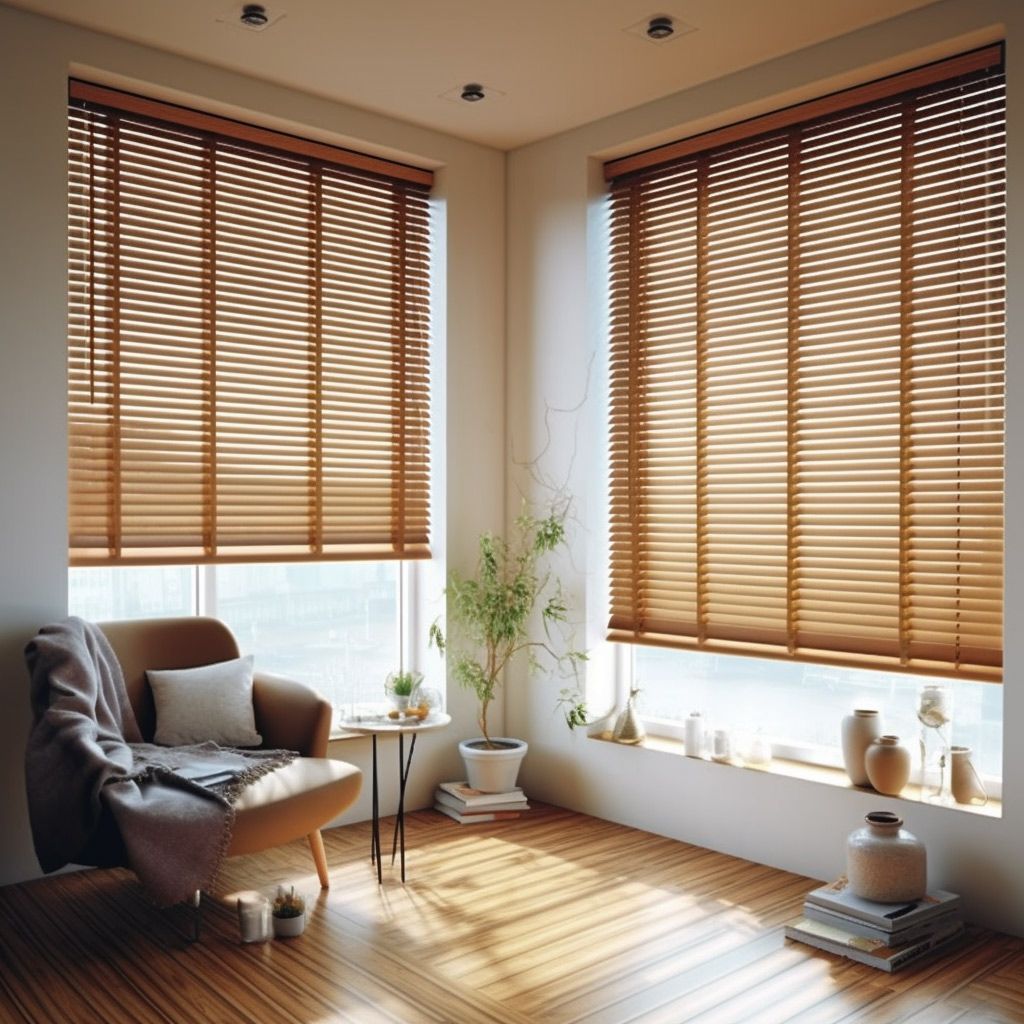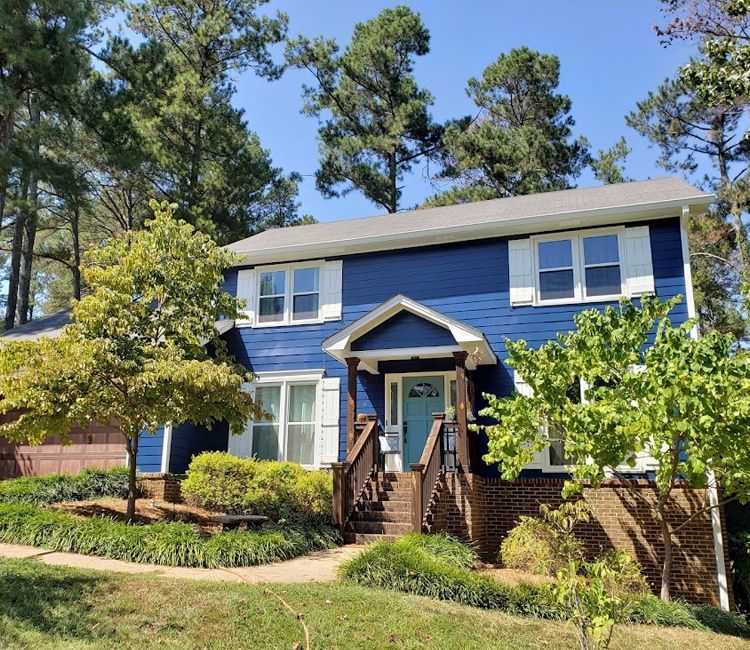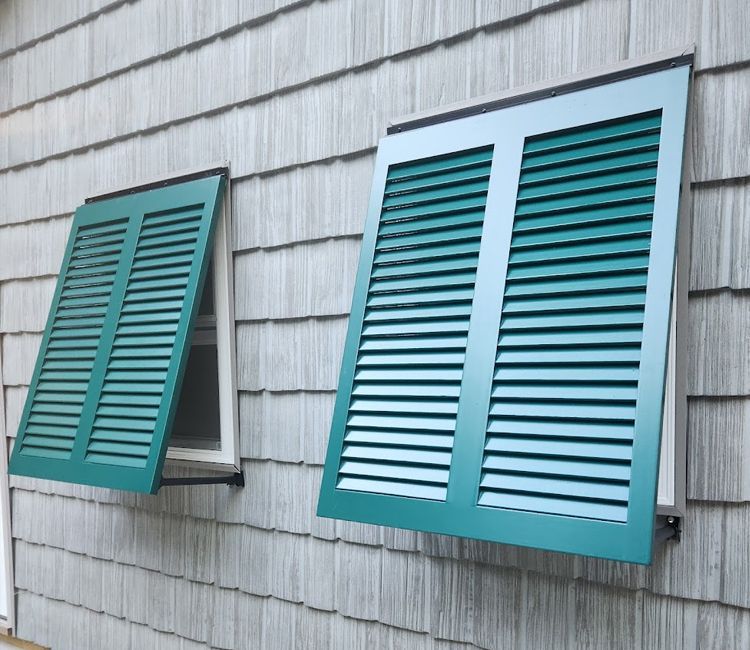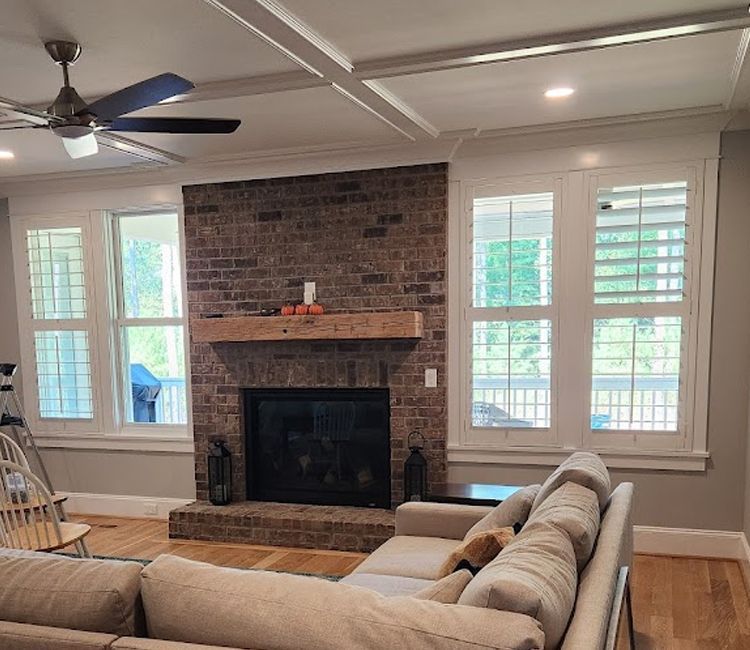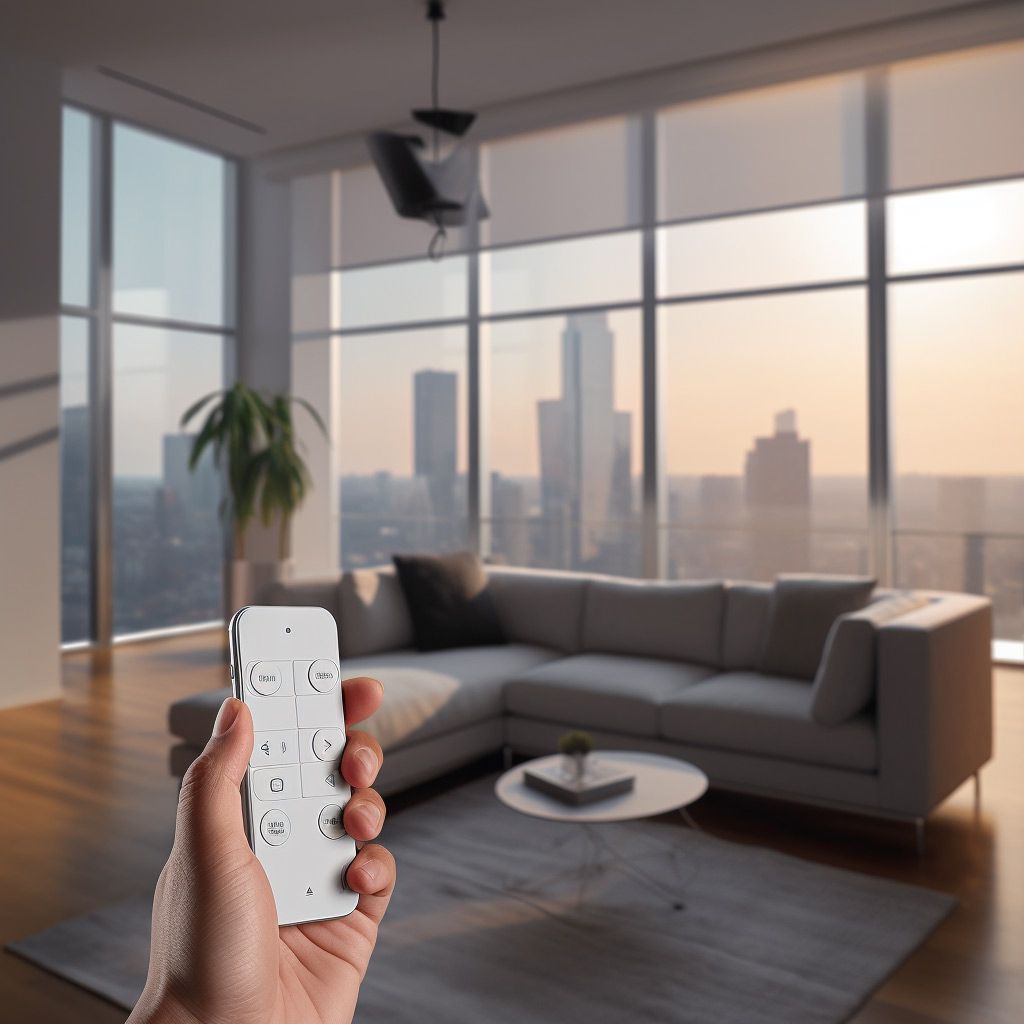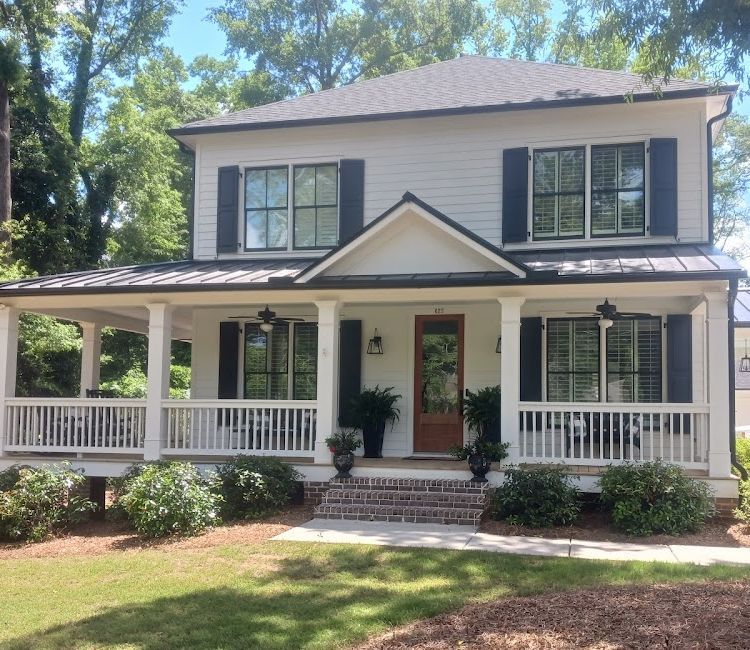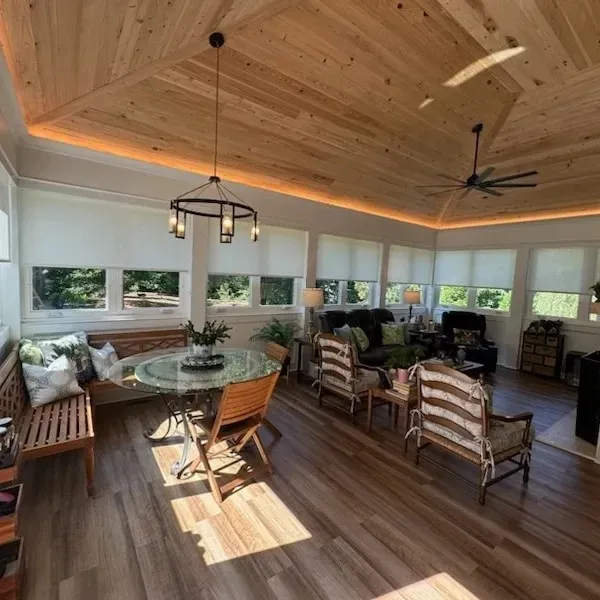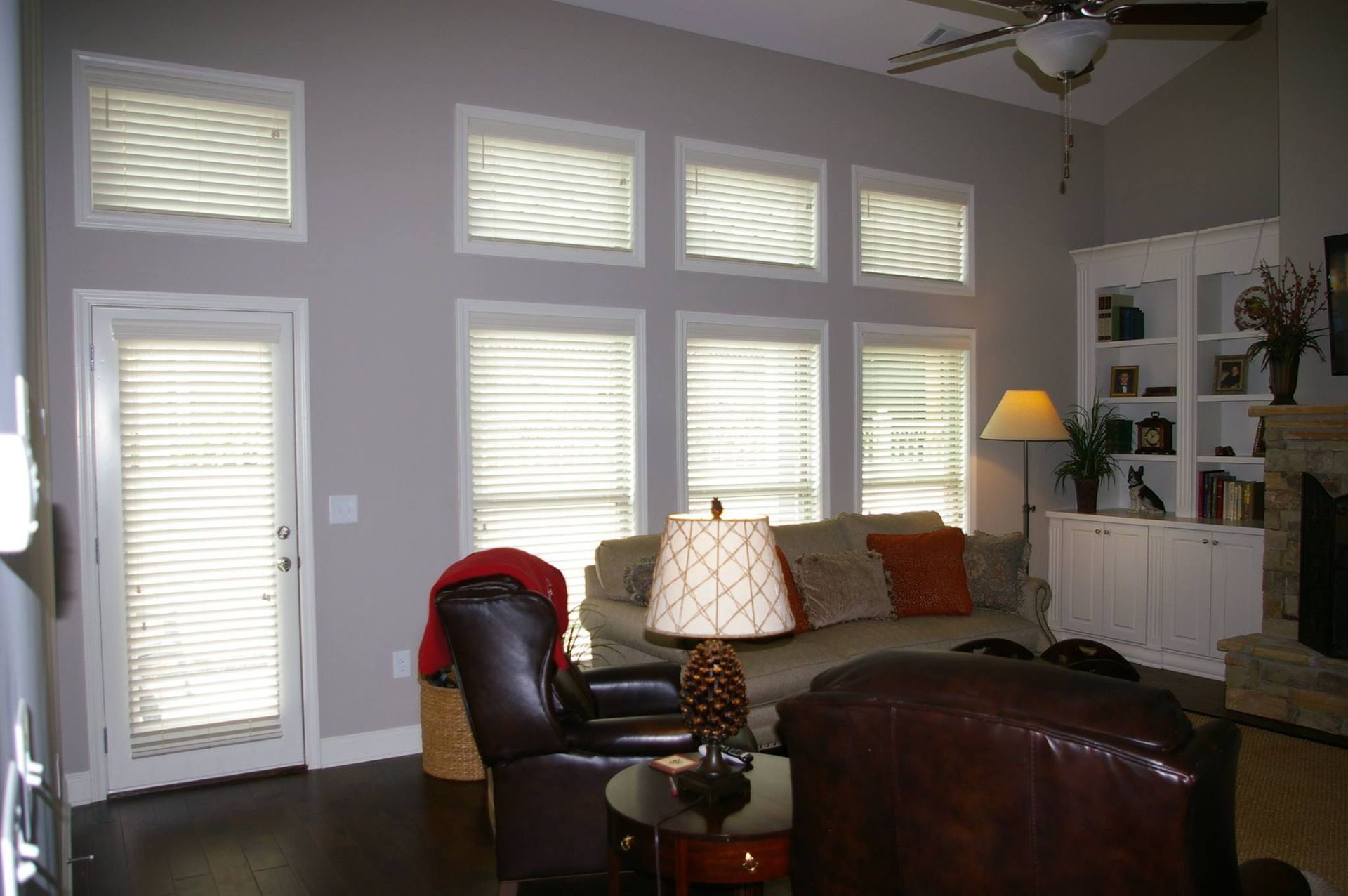How to Keep Your Window Treatments Looking New in Georgia’s Humid Climate
Georgia’s charm comes with its fair share of humidity. From warm summers in Athens to misty mornings across North Georgia, the damp air that keeps our gardens green can also be tough on home interiors—especially on window treatments.
Shutters,
blinds, and
shades
face daily exposure to moisture, condensation, and heat. Without proper care, that combination can lead to warping, fading, mildew, and a shorter lifespan. But with the right materials and maintenance habits, you can preserve the beauty and functionality of your window coverings for years to come.
This guide explains how humidity affects your window treatments, the best materials to withstand it, and simple care tips to keep them looking brand new in Georgia’s climate.
Why Humidity Matters for Window Treatments
Humidity is more than just uncomfortable air—it’s water in vapor form. When that moisture builds up indoors, it can slowly damage organic materials and finishes.
How Humidity Affects Common Window Treatments
Understanding how humidity impacts each type of window covering helps you make smarter long-term choices:
- Wood shutters and blinds: Natural wood absorbs moisture, which causes swelling, cracking, or warping. Over time, finishes dull and panels may not close properly.
- Fabric shades and curtains: Fabrics trap moisture, encouraging mildew growth and odors—especially in kitchens and bathrooms.
- Metal blinds: Though resistant to moisture, metal can corrode in coastal or high-humidity environments if not maintained.
- Faux wood blinds or composite shutters: Made from PVC or polymer materials, these resist warping, fading, and mold, making them ideal for Georgia homes.
Humidity doesn’t just affect appearance—it can also impact function. Moisture buildup may cause slats to stick, cords to stiffen, and roller mechanisms to degrade over time.
Choosing the Right Materials for Humid Climates
Not all window treatments are created equal. Choosing durable, moisture-resistant materials is the first step toward long-lasting performance.
Best Materials for Georgia’s Climate
- Faux wood blinds and shutters: These are the gold standard for humid environments. They mimic the classic look of wood but are made of composite or polymer materials that resist moisture.
- Vinyl shutters: Waterproof and easy to clean, vinyl performs well in bathrooms, kitchens, and laundry rooms.
- Roller shades: With minimal folds and flat surfaces, roller shades collect less dust and moisture than fabric drapery.
- Aluminum blinds: Lightweight and rust-resistant when coated properly, they’re good for spaces that get direct sunlight and heat.
Materials to Avoid in High-Humidity Areas
While elegant, some materials aren’t suited to Georgia’s moisture-rich air:
- Unsealed wood or
lightly finished wood that absorbs moisture.
- Heavy fabrics or
linen drapes in kitchens or bathrooms.
- Paper or untreated natural fiber shades, which can lose shape and discolor.
Maintenance Tips to Keep Window Treatments Looking New
Even with the right materials, maintenance is key to extending the lifespan of your shutters and blinds. Here’s how to keep them looking crisp and fresh in humid conditions.
1. Control Indoor Humidity
Keep indoor humidity between 30%–50% using dehumidifiers or HVAC settings. Good airflow helps prevent condensation around windows.
2. Clean Regularly with the Right Tools
- Dust weekly using a microfiber cloth or vacuum brush attachment.
- For
shutters and blinds, lightly dampen a cloth with water or mild soap. Avoid oversaturating surfaces.
- For
fabric shades, use a handheld vacuum on a low setting or spot clean as needed.
3. Inspect for Mold and Mildew
Humidity can lead to mildew, especially around windows. Check corners and seams monthly and clean any buildup with a gentle solution of vinegar and water.
4. Refinish or Seal When Needed
If you have real wood shutters, apply a protective sealant or finish every few years to maintain resistance against moisture.
5. Use Motorized or Cordless Systems
Motorized blinds reduce manual handling, limiting wear on cords and slats. Automated systems can also adjust throughout the day to reduce condensation and sun exposure.
6. Optimize Sun and Air Circulation
Keep blinds open slightly during the day to encourage airflow and reduce trapped moisture. Use ceiling fans or ventilation near windows when possible.
FAQs
How often should I clean my blinds in humid climates?
Aim for light dusting every week and a deeper cleaning once a month. Regular upkeep prevents moisture buildup and mold.
Are wood shutters a bad choice for Georgia homes?
Not necessarily. High-quality wood shutters with protective finishes can last for years if properly sealed and maintained. Faux wood, however, is lower maintenance and better suited for bathrooms or kitchens.
What’s the best window treatment for bathrooms?
Faux wood or vinyl shutters are ideal because they resist warping, mold, and mildew while maintaining an elegant look.
How can I prevent mildew on fabric window coverings?
Increase ventilation, avoid letting fabric touch condensation-prone windows, and clean with mild detergent regularly.
Will motorized blinds help in humid weather?
Yes. Automation allows you to adjust blinds without touching them, helping regulate airflow and minimizing damage from heat and moisture.
Conclusion
Georgia’s humidity doesn’t have to take a toll on your home’s beauty. By choosing durable materials like faux wood or vinyl and following consistent care routines, you can keep your window treatments looking fresh and functional for years.
For homeowners in Athens and across North Georgia,
Southern Shutters & Blinds
specializes in custom window coverings designed to thrive in Southern climates. Whether you’re outfitting your kitchen, bath, or living room, their team can help you select styles that balance beauty, durability, and comfort—all tailored to your home.

